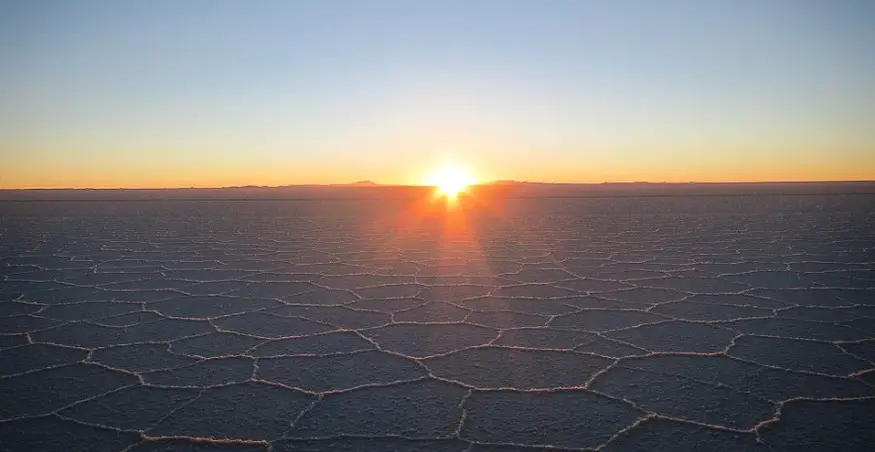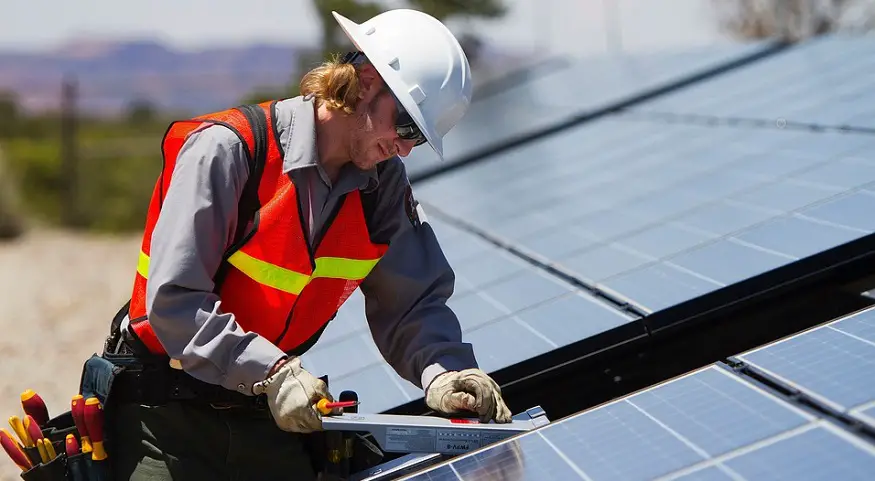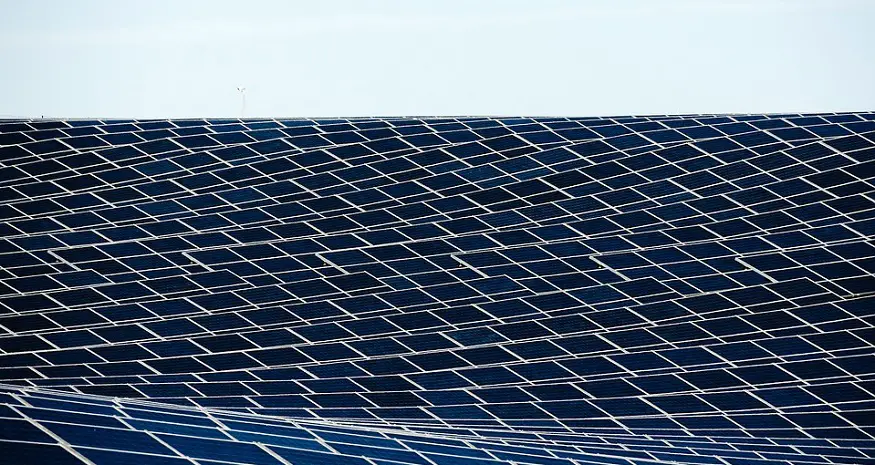
Lithium Mining for EVs comes with an environmental cost
June 19, 2019A booming demand for lithium is taking a toll on Chile’s Atacama Desert.
Due to an increasing demand for lithium, which is needed to produce rechargeable batteries for everything from mobile devices to the much bigger electric vehicles (EVs), lithium mining is beginning to hurt the environment, especially in the Atacama Desert, which has become one of the busiest mining districts on the globe.
The Atacama Desert is rich in massive deposits of copper and lithium.
Located in northern Chile, the Atacama Desert has been the reason humans and animals have managed to survive for thousands of years in the direst climate in the world. At least, it was, until the lithium mining began.
Meadows and lagoons in the southern part of the Atacama’s salt flat have withered over the past few years. Animal populations have declined, including flamingo’s, according to the Atacama People’s Council, the umbrella group representing the 18 indigenous communities living around the salt flat, reports The Washington Post.
The desert has infrequent rains and the highest solar radiation in the world. Combined, this results in speedy evaporation, allowing miners to generate high-quality lithium at low cost.
Tesla Motors and other electric automakers, want to give drivers easier and low-cost, clean battery-powered vehicle alternatives to traditional cars with dirty combustion engines. However, the batteries for these vehicles are expensive. The best way to lower the cost of the vehicles is to lower the price of the batteries. This is made possible by mining more lithium.
EVs may help reduce carbon emissions but the lithium mining required for their batteries is far from green.
Extracting lithium from Atacama requires pumping large amounts of water and churning up brine, a process that is having a devastating and irreversible impact on the local environment.
While many believe that electric vehicles are the answer to help save the planet, mass-producing the current batteries used by these vehicles is destroying an already fragile ecosystem and reducing the amount of available drinking water.
“We’re fooling ourselves if we call this sustainable and green mining,” says Chilean biologist, Cristina Dorador, who studies microbial life in the Atacama desert, The Washington Post reports.
 Dorador added that the lithium mining “fever” needs to slow down because it is causing direct damage to salt flats, the region’s ecosystem and local communities.
Dorador added that the lithium mining “fever” needs to slow down because it is causing direct damage to salt flats, the region’s ecosystem and local communities.



 With over 15 years of reporting hydrogen news, we are your premier source for the latest updates and insights in hydrogen and renewable energy.
With over 15 years of reporting hydrogen news, we are your premier source for the latest updates and insights in hydrogen and renewable energy.